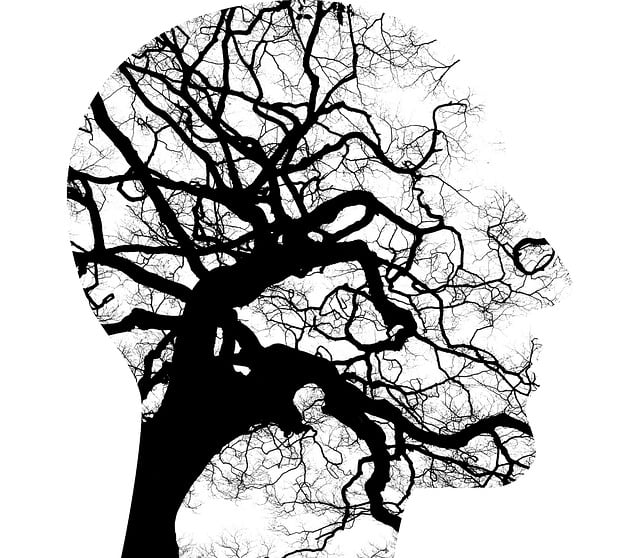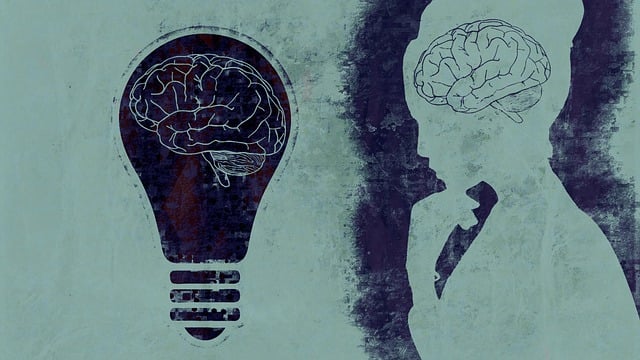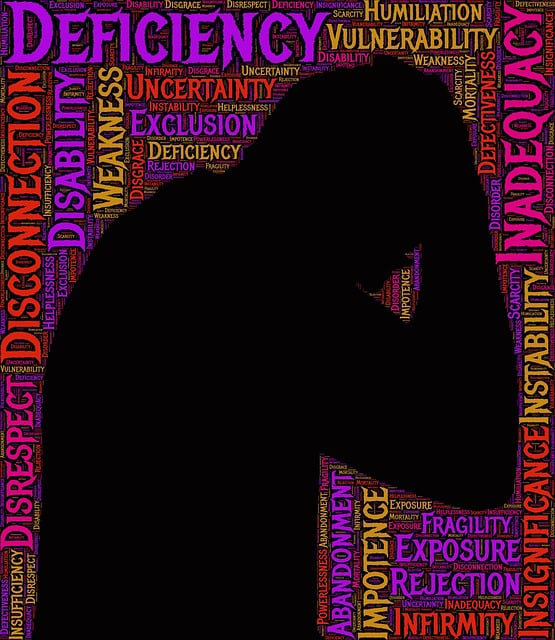Highlands Ranch Codependency Therapy emphasizes the vital role of cultural sensitivity in mental healthcare, ensuring tailored support for diverse clients. Therapists must recognize how cultural factors like family dynamics, spiritual traditions, and community influences shape mental health expressions. By integrating practices like Positive Thinking and Emotional Intelligence, along with specialized training, therapists can mitigate biases and create inclusive environments. Accurate cultural assessments are key to effective treatment plans, especially in trauma-related cases. Through continuous learning, open dialogue, and self-care routines, Highlands Ranch Codependency Therapy fosters a culturally sensitive approach that validates all backgrounds while enhancing mental wellness outcomes.
Cultural sensitivity is a cornerstone of effective mental healthcare, shaping therapeutic outcomes. This article explores the intricate balance between cultural understanding and therapy, with a particular focus on a case study of Highlands Ranch Codependency Therapy. We delve into the impact of unaddressed cultural biases, offering strategies for culturally competent practices. By promoting inclusivity and equality, mental health care can better serve diverse populations, ensuring every individual receives personalized support. Learn how specific approaches, inspired by real-world examples, foster a more inclusive environment, enhancing therapeutic journeys.
- Understanding Cultural Sensitivity in Mental Healthcare
- The Impact of Cultural Biases on Therapy Outcomes
- Highlands Ranch Codependency Therapy: A Case Study
- Strategies for Culturally Competent Practice
- Promoting Inclusivity and Equality in Mental Health Care
Understanding Cultural Sensitivity in Mental Healthcare

Cultural sensitivity in mental healthcare refers to the ability to understand, appreciate, and respect the diverse cultural beliefs, values, and practices that shape an individual’s mental health experiences. This involves recognizing that mental illness can manifest differently across cultures, influenced by factors such as family dynamics, spiritual traditions, and community support systems. For instance, a client from a specific ethnic background might express their distress through non-verbal cues or collective complaints, which could be missed if the therapist is unaware of these cultural nuances.
In Highlands Ranch Codependency Therapy, for example, therapists must be attuned to the unique needs of their clients, who may have grown up in communities with distinct perspectives on emotional expression and coping mechanisms. Incorporating practices like Positive Thinking and Emotional Intelligence can foster a more inclusive therapeutic environment. Stress Management Workshops Organization, which often incorporates cultural sensitivity training, plays a vital role in preparing mental health professionals to effectively support individuals from diverse backgrounds, ultimately enhancing the quality of care they provide.
The Impact of Cultural Biases on Therapy Outcomes

Cultural biases, often unconscious, can significantly impact therapy outcomes in mental healthcare. These biases may stem from a therapist’s personal experiences, societal influences, or lack of exposure to diverse cultural practices and beliefs. In Highlands Ranch Codependency Therapy, for instance, understanding the unique cultural context of each client is paramount. A client’s background, including their ethnic identity, religious affiliations, and traditional healing methods, can influence how they perceive and engage in therapy. Therapists who fail to recognize and respect these differences risk perpetuating harmful stereotypes or missing crucial aspects of a client’s life, hindering progress and potentially causing further distress.
The implications extend beyond individual therapy sessions; they reflect on the broader mental health system. Inaccurate cultural assessments during risk assessments for mental health professionals can lead to inappropriate treatment plans, especially when dealing with complex cases involving trauma support services. Recognizing and mitigating these biases is essential in ensuring that mental wellness becomes a more inclusive and accessible goal for all, regardless of their cultural background.
Highlands Ranch Codependency Therapy: A Case Study

In the context of cultural sensitivity in mental healthcare practice, a compelling case study emerges from Highlands Ranch Codependency Therapy. This therapeutic approach underscores the importance of understanding cultural nuances, especially when addressing complex issues like codependency. By tailoring interventions to align with clients’ cultural backgrounds, therapists foster safer and more effective treatment environments.
The Healthcare Provider Cultural Competency Training plays a pivotal role in equipping mental health professionals with the skills to navigate these complexities. This training enables them to offer crisis intervention guidance that respects individual beliefs and values, thereby enhancing client engagement and outcomes. Incorporating cultural sensitivity into practice not only benefits individuals but also contributes to the overall effectiveness of mental healthcare services.
Strategies for Culturally Competent Practice

Incorporating cultural sensitivity into mental healthcare practice is a multifaceted approach that involves continuous learning and adaptation. Therapists in Highlands Ranch Codependency Therapy can foster a more inclusive environment by first educating themselves about diverse cultural beliefs, values, and practices related to mental health. This knowledge enables professionals to avoid cultural biases and provide guidance tailored to each client’s unique background. One effective strategy is to encourage open dialogue where clients feel safe sharing their cultural perspectives.
Additionally, integrating activities like Mental Wellness Journaling Exercises or promoting Self-Care Routine Development for Better Mental Health can respect and honor individual cultural practices while also supporting inner strength development. These approaches not only enhance the therapeutic process but also strengthen the bond between therapist and client, ensuring that care is accessible and meaningful to everyone seeking support, regardless of their cultural background.
Promoting Inclusivity and Equality in Mental Health Care

In an increasingly diverse society, promoting inclusivity and equality in mental healthcare is paramount. Highlands Ranch Codependency Therapy recognizes that cultural sensitivity is not merely a nice-to-have but a necessity for effective treatment. By embracing diverse perspectives and tailoring care to individual needs, therapists can create a safe space where everyone feels seen and heard. This approach ensures that mental health services are accessible and beneficial to all, regardless of their background or identity.
Self-care routine development for better mental health is a key aspect of this inclusivity. Therapists encourage clients to integrate practices that respect and celebrate their cultural heritage into their self-care routines. For instance, incorporating traditional meditation techniques, herbal remedies, or community support networks can enhance overall mental wellness. Moreover, conflict resolution techniques, which are sensitive to cultural dynamics, help individuals navigate challenges in a way that resonates with their personal values and beliefs.
In conclusion, cultural sensitivity in mental healthcare is paramount to ensuring equitable and effective treatment for all individuals. As demonstrated by the case study of Highlands Ranch Codependency Therapy, recognizing and addressing cultural biases can significantly improve therapy outcomes. By adopting strategies for culturally competent practice and promoting inclusivity and equality, mental health professionals can create a more welcoming and accessible environment. This not only benefits diverse patient populations but also enriches the therapeutic experience for everyone involved.














